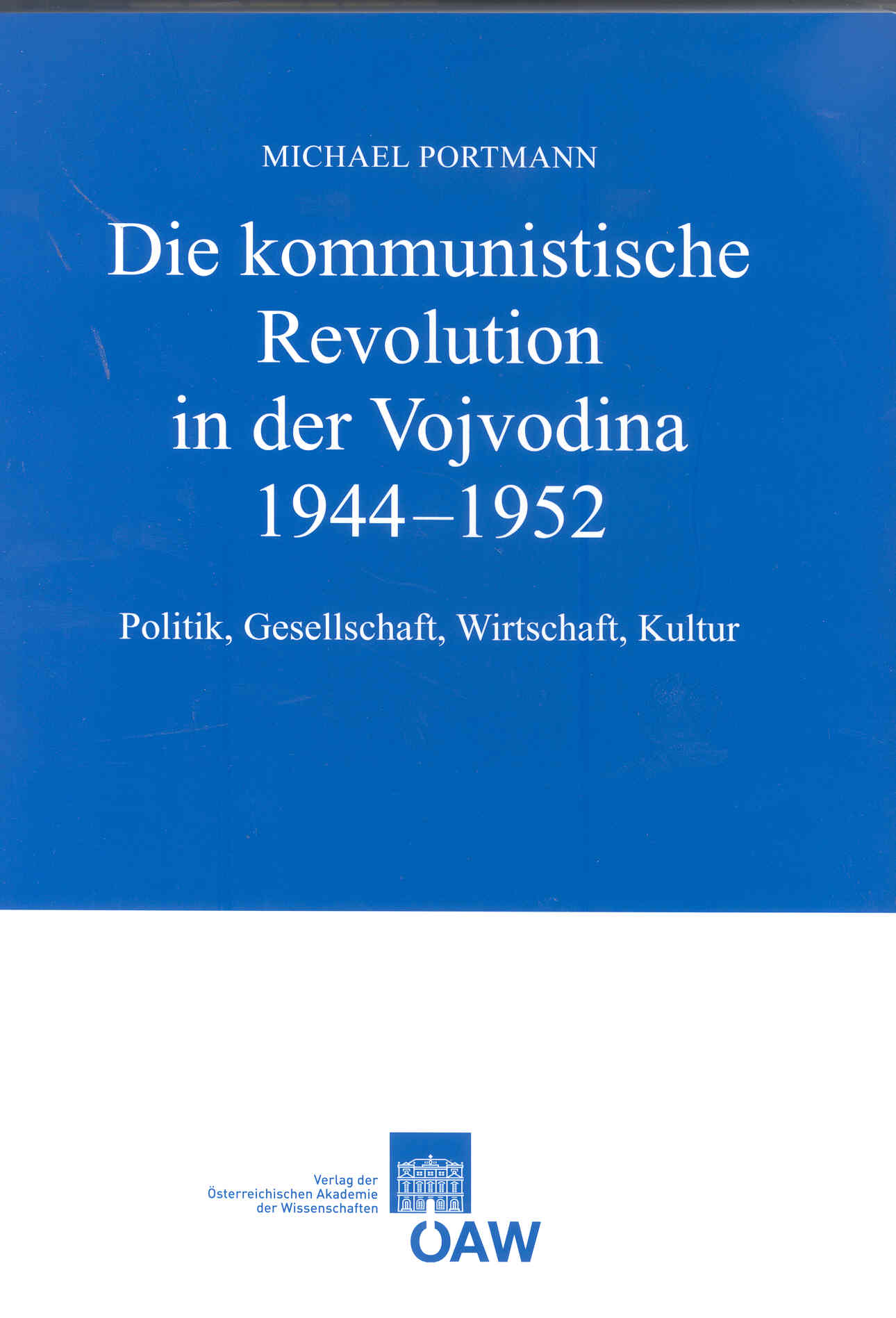
Welche Vorstellungen und Ziele besaßen die jugoslawischen bzw. serbischen Kommunisten von einem neuen Jugoslawien und auf welche Art und Weise wurden diese Ideen in den ersten Nachkriegsjahren in der Vojvodina umgesetzt? Wie sahen die theoretischen Vorgaben der internationalistisch ausgerichteten Bevölkerungspolitik aus und welche Pläne verfolgte man in Bezug auf die internierten Donauschwaben? Welche Spuren haben das „Verschwinden“ der deutschsprachigen Bevölkerung einerseits und die Ansiedlung von mehrheitlich serbischen Anhängern der Volksbefreiungsbewegung andererseits hinterlassen? In welchen Bereichen war die kommunistische Landwirtschaftspolitik erfolgreich und wo traten schon bald Risse im Kriegsbündnis zwischen Bauern und Kommunisten auf? Und schließlich: Als wie beständig erwies sich die in diesem Gebiet bisher einzige nicht unter nationalen Vorzeichen stattfindende Revolution von oben?
Auf diese Fragen sollen Antworten gegeben werden. Darüber hinaus bietet der Autor Einblicke in die militärisch-politischen, wirtschaftlichen und kulturellen Strukturen des kommunistischen Machtapparates in der Autonomen Provinz Vojvodina und dem jugoslawischen Gesamtstaat. Hierzu wurden in der deutschsprachigen Historiographie bisher unbekannte Akten aus mehreren Archiven in Serbien gesichtet und als Grundlage für eine umfassende Arbeit zum kommunistischen Revolutionsprozess ausgewertet.
„Eine lesenswerte und in den Wertungen und Schlussfolgerungen überzeugende Studie, die über den bisherigen Forschungsstand hinausführt.“ (Edgar Hösch, Würzburg)
…
What was the blueprint the Yugoslav/Serb communists had for a new Yugoslavia and how and to what extent were these concepts in the aftermath of the Second World War carried out in the Vojvodina? What can be stated about the theoretical guidelines of the internationalist population policy and which were the plans the rulers had in mind for the imprisoned Danube Swabians? What were the consequences of the "disappearance" of this German speaking minority on the one hand and the settlement with mostly Serbian sympathisers of the People's Liberation Front in the Vojvodina on the other? In which realms must the agrarian policy be considered a success and where did tensions occur in the dubious alliance between peasants
and communists? And last but not least: How permanent was the socialist revolution in this area?
These and other questions shall be answered. Furthermore the author provides an insight into the military-political, economical, and cultural structures of the communist apparatus in the Autonomous Province Vojvodina and the Yugoslavian state as a whole. So far unknown documents from several archives in Serbia have been taken as basis for this comprehensive study of the socialist revolution in the Vojvodina.
"This is a worth reading study, convincing in the conclusions and outreaching the stand of research." (Edgar Hösch, Würzburg)
2008,
978-3-7001-6503-3
554 Seiten,
24x17cm, broschiert